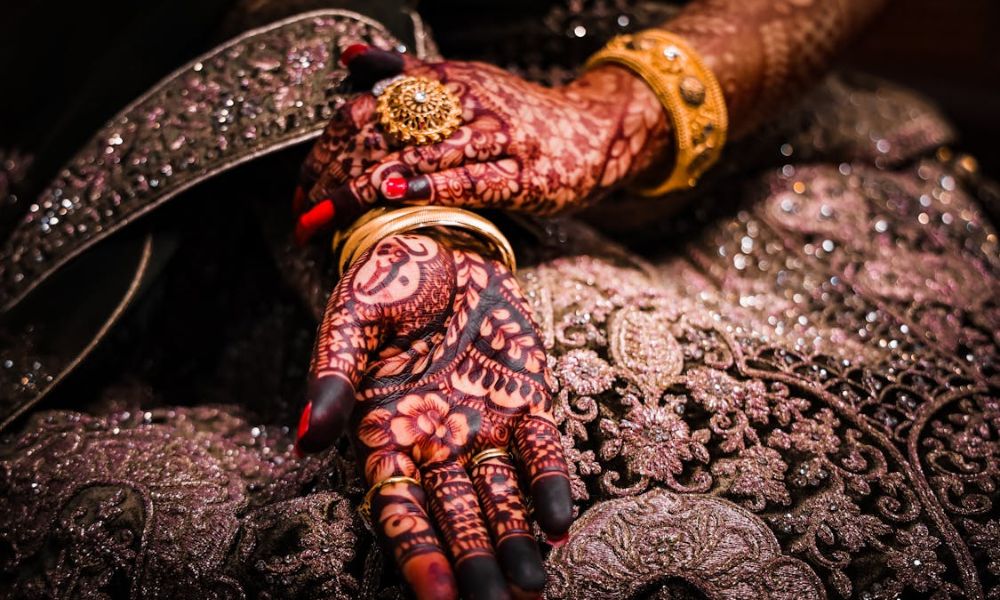
Arranged marriage is a practice deeply rooted in tradition and culture, particularly prevalent in many parts of the world, including India. While it continues to be a widely accepted custom, arranged marriage is also subject to scrutiny and debate. In this article, we’ll examine the positive and negative aspects of arranged marriage, shedding light on its complexities and nuances.
Positive Aspects
- Family Involvement and Support
One of the most significant advantages of arranged marriage is the involvement and support of families in the matchmaking process. Unlike love marriages, where individuals often navigate the complexities of courtship alone, arranged marriages benefit from the guidance and wisdom of parents and elders. Family members play a crucial role in assessing compatibility, ensuring mutual respect, and fostering long-term harmony between the couple.
- Compatibility and Longevity
Arranged marriages are often based on considerations of compatibility, shared values, and long-term stability. Families meticulously evaluate factors such as education, social status, and cultural background to ensure a harmonious match. As a result, arranged marriages have been found to exhibit lower divorce rates compared to love marriages, attributed to the emphasis on mutual understanding and commitment.
- Social Cohesion and Support
Arranged marriages often foster a sense of social cohesion and support within communities. By marrying within similar social circles and cultural backgrounds, couples benefit from a shared understanding of traditions, values, and expectations. This sense of belonging can provide a strong support system, enabling couples to navigate challenges and celebrate milestones together within the fabric of their community.
Negative Aspects
- Lack of Personal Agency
However, arranged marriages can sometimes come at the expense of personal agency and autonomy. In traditional setups, individuals may feel pressured to conform to familial expectations and societal norms, sacrificing their own desires and aspirations in the process. The absence of choice and autonomy can lead to feelings of resentment and dissatisfaction, particularly if the match is not compatible or fulfilling.
- Emotional Compatibility
While arranged marriages may excel in terms of practical compatibility, they sometimes overlook the importance of emotional connection and chemistry between partners. Couples may find themselves navigating a relationship devoid of passion or intimacy, leading to feelings of emptiness or unfulfillment. The absence of romantic love can strain the marital bond, posing challenges to the overall happiness and satisfaction of the couple.
- Cultural Expectations and Pressure
However, arranged marriages can also perpetuate cultural expectations and societal pressure, particularly regarding gender roles and familial duties. Women, in particular, may bear the brunt of these expectations, facing scrutiny and judgment for their adherence to traditional roles and responsibilities. The pressure to conform to societal norms can limit individual freedom and hinder personal growth and fulfillment.
The Blessings Matrimonials
The Blessings Matrimonials is your trusted ally in the quest for love and companionship. With a commitment to diversity and personalized matchmaking, we strive to create meaningful connections that transcend boundaries. Our dedicated team ensures a supportive and understanding environment, guiding individuals on their journey to finding the perfect partner.
At The Blessings Matrimonials, we understand the intricacies of arranged marriage and strive to provide a platform that honors tradition while embracing modernity. With our personalized matchmaking services and unwavering commitment to inclusivity and respect, we empower individuals to find love and companionship on their terms. Experience the blessings of a fulfilling relationship with us today.
Conclusion
In navigating the complexities of arranged marriage, it’s essential to acknowledge both its positive and negative aspects. While it offers the support of families, compatibility, and social cohesion, it may also restrict personal agency and emotional fulfillment. Ultimately, each individual must weigh these factors carefully and make decisions that align with their values and aspirations.
Don’t Miss: Why are Inter-Caste Marriages Not Popular In India?